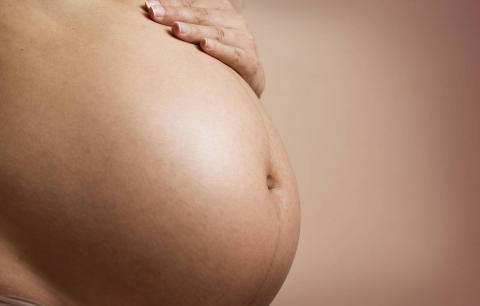Reaction: three studies link cases of childhood hepatitis of unknown origin to adeno-associated virus
Three studies published today in Nature explore the link between the cases of childhood hepatitis of unknown origin that have occurred since 2022 mainly in the UK and the US and an adeno-associated virus. The papers do not settle the question and further studies will be needed to confirm or exclude the hypothesis.

Marina Berenguer - hepatitis Nature EN
Marina Berenguer Haym
Head of the Hepatology and Liver Transplant Group, IIS La Fe. Coordinator of the Centro de Investigación Biomédica en Red de Enfermedades Hepáticas y Digestivas (CIBEREHD) group. President of the International Liver Transplant Society. Member of AMIT
The press release has some things in it that are not true:
It says: "This virus is known to replicate in the liver, but not known to cause hepatitis and cannot replicate without a 'helper' virus". Everything after the comma is not true. These viruses replicate without a helper and cause hepatitis, but it has only been seen in immunocompromised children.
It says: "That suggests some children may be genetically more susceptible to some forms of hepatitis". This is not true. What this genetic polymorphism indicates is that the immune response to viral infection may be different in these people.
The studies in Nature are credible, but the limitations are well put by Tacke [the author of the News & views article accompanying the three studies]. They are retrospective studies. At the moment there is no confirmation in in vitro studies (with organoids, for example, to confirm the potential direct effect of the virus on the hepatocyte), nor prospective studies showing that hepatitis is caused by the interaction between a generally low pathogenic virus with an altered or deficient immune system (both because of the genetic polymorphism and because it is not adequately developed by the measures taken against covid-19).
Frank Tacke
- Comment
- Non-peer-reviewed
Antonia Ho et al.
- Research article
- Peer reviewed
- People
Venice Servellita et al.
- Research article
- Peer reviewed
Sofia Morfopoulou et al.
- Research article
- Peer reviewed



